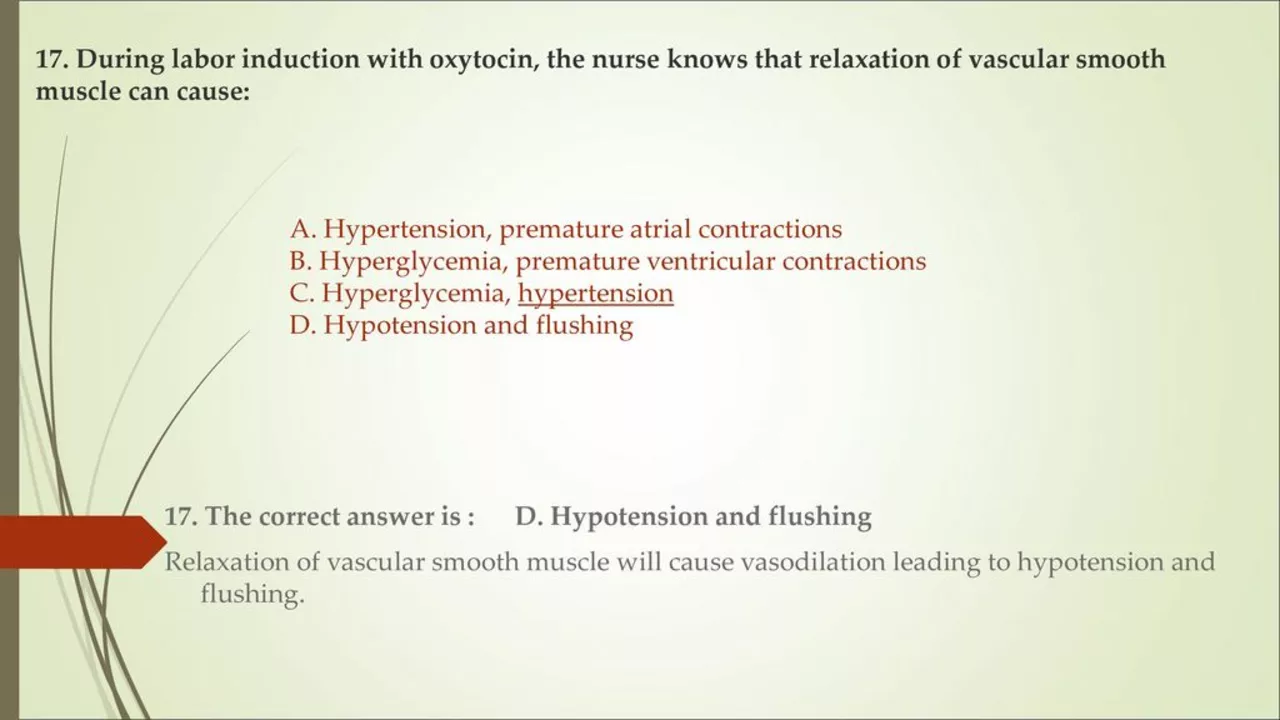Left ventricular failure (LVF) means the main pumping chamber of your heart can’t push blood out well. That causes fluid to back up into the lungs and less blood to reach your body. You don’t have to memorize every term, but spotting the common signs early can change outcomes.
Several things can weaken the left ventricle. High blood pressure, coronary artery disease (blocked heart arteries), heart attacks, valve problems, and long-term alcohol or drug use are common causes. Sometimes an infection or a fast, uncontrolled heart rhythm can trigger it.
Symptoms are often obvious once they start. Shortness of breath with activity, needing extra pillows to sleep (orthopnea), waking up breathless at night (paroxysmal nocturnal dyspnea), persistent cough, tiredness, and swollen ankles are typical. You may notice you tire faster than before or can’t walk as far without stopping.
If your doctor suspects LVF, expect a physical exam and tests. An echocardiogram is the key test — it shows how well the left ventricle pumps. Blood tests often include BNP or NT-proBNP (markers that rise when the heart is stressed). An ECG, chest X-ray, and basic blood work (kidney function, electrolytes) help find the cause and check how severe the problem is.
Treatment depends on whether you need urgent care or ongoing management. In emergency settings, oxygen, diuretics (to remove excess fluid), and medicines to support blood pressure may be given. For long-term care, there are well-established medicines that improve symptoms and survival: ACE inhibitors or ARBs, beta-blockers, diuretics for fluid control, mineralocorticoid receptor antagonists, and newer options like ARNI for many patients. Your doctor will pick medicines based on your specific situation.
Beyond pills, lifestyle steps matter. Track your weight daily — a sudden gain of 2–3 pounds (1–1.5 kg) in 24–48 hours can mean fluid buildup. Cut back on salt, follow fluid limits if advised, stay active with doctor-approved walking or cardiac rehab, and stop smoking. Keep up with vaccines like flu and pneumococcal shots because lung infections strain the heart.
Know when to act: get emergency care if you have severe breathlessness at rest, chest pain, fainting, bluish lips or face, or sudden rapid weight gain with worsening swelling. For questions about medicines, side effects, or whether a device (ICD, CRT) or transplant is an option, talk with your cardiologist — these are common next steps for advanced cases.
Left ventricular failure is serious but manageable. With the right tests, medicines, and daily habits, many people stabilize and feel better. If you suspect a problem, see your doctor — early care gives you the best chance to stay active and safe.

In today's blog post, I'd like to highlight the importance of patient education in managing left ventricular failure. Educating patients about their condition helps them to better understand the symptoms, treatment options, and lifestyle changes needed for effective management. Furthermore, informed patients are more likely to adhere to their medication and care plans, reducing the risk of complications and hospital readmissions. Ultimately, patient education plays a crucial role in empowering individuals to take control of their health, improving their overall quality of life. Let's all work together to raise awareness and support patients in their journey towards better heart health.